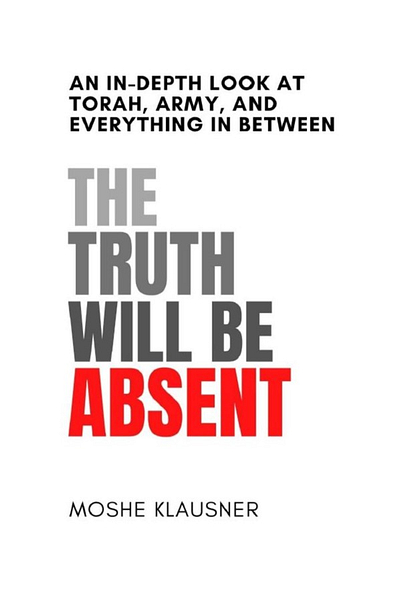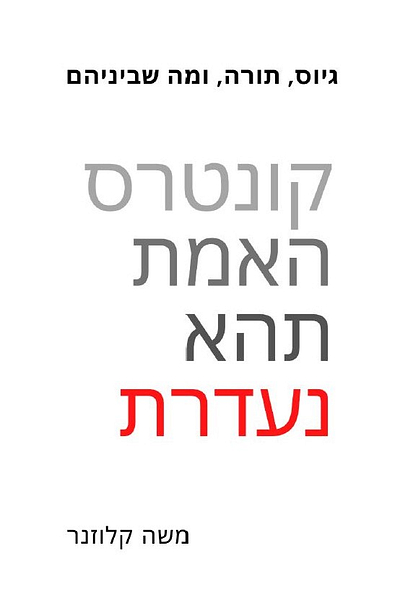[Re-send with corrected download link] Some Exciting Publications
Torah and Army - Serious Discussions
I was very excited to receive the following two books in the mail yesterday:
Her’es the descriptions from the publisher on each of these volumes:
For over seventy-five years, the question of military service has remained one of the most contested issues in Israeli society, raising fundamental tensions between national defense, Torah study, and religious leadership. Milhemet Mitzvah, vol. 1: Halakhic Foundations, Religious Authority, and Military Service in Israel’s War of Independence examines this debate at its origins, exploring the halakhic, ideological, and historical foundations of military service in the early years of the State of Israel. his volume brings together leading scholars, rabbis, and historians to analyze how religious authority shaped military policy, the role of yeshiva students and Haredi communities in national defense, and the broader implications of defining military service as a halakhic obligation. Featuring newly translated primary sources, it offers a rigorous engagement with a debate that continues to define Israeli society and Jewish identity.
As debates over IDF conscription shape Israel’s future, Milhemet Mitzvah, vol. 2: Religious Leadership and Halakhic Responsibility in the Military Service Debate explores the halakhic and ideological dimensions of military service, religious exemptions, and national responsibility. This volume examines how rabbinic leadership, state policies, and halakhic tradition have shaped the evolving discourse on military service in a Jewish state. With contributions from renowned halakhic authorities, scholars, and educators, this volume delves into the tensions between Torah study and national defense, the evolving role of religious soldiers, and the broader implications of halakhic responsibility in a sovereign Jewish state. Through comprehensive analysis and historical inquiry, it offers a critical perspective on one of the most pressing moral and legal dilemmas in Israeli society today.
You can buy them on Amazon. And best of all is that if you live in Israel, you can add another few dollars to your order and get free international shipping! I’d recommend adding another book in this series, Praying for the Defenders of Our Destiny: The Mi Sheberach for IDF Soldiers, if you don’t already have it. Mine arrived in less than two weeks.
In further good news, there’s another publication on this topic that you can download for free. Moshe Klausner has written a booklet about Torah and army service, presented as a debate between a yeshiva student and his rabbi that analyzes the various sources. It’s written in a “yeshivish” style, and it’s available in both Hebrew and English versions:
Hopefully there will also be a printed edition available for distribution at some point (and if you have ideas about how to distribute it, please be in touch). Meanwhile, the digital file is perfect for you to send to your charedi friends and relatives!






It's really strange how the Charedim decide when and when not to obey Halakha. It's almost like they are reformed Jews!
בשלב זה אני לא יכול לתרום כלכלית, אבל אני אפיץ את זה דף מלא חוכמה ואור. תודה רבה.